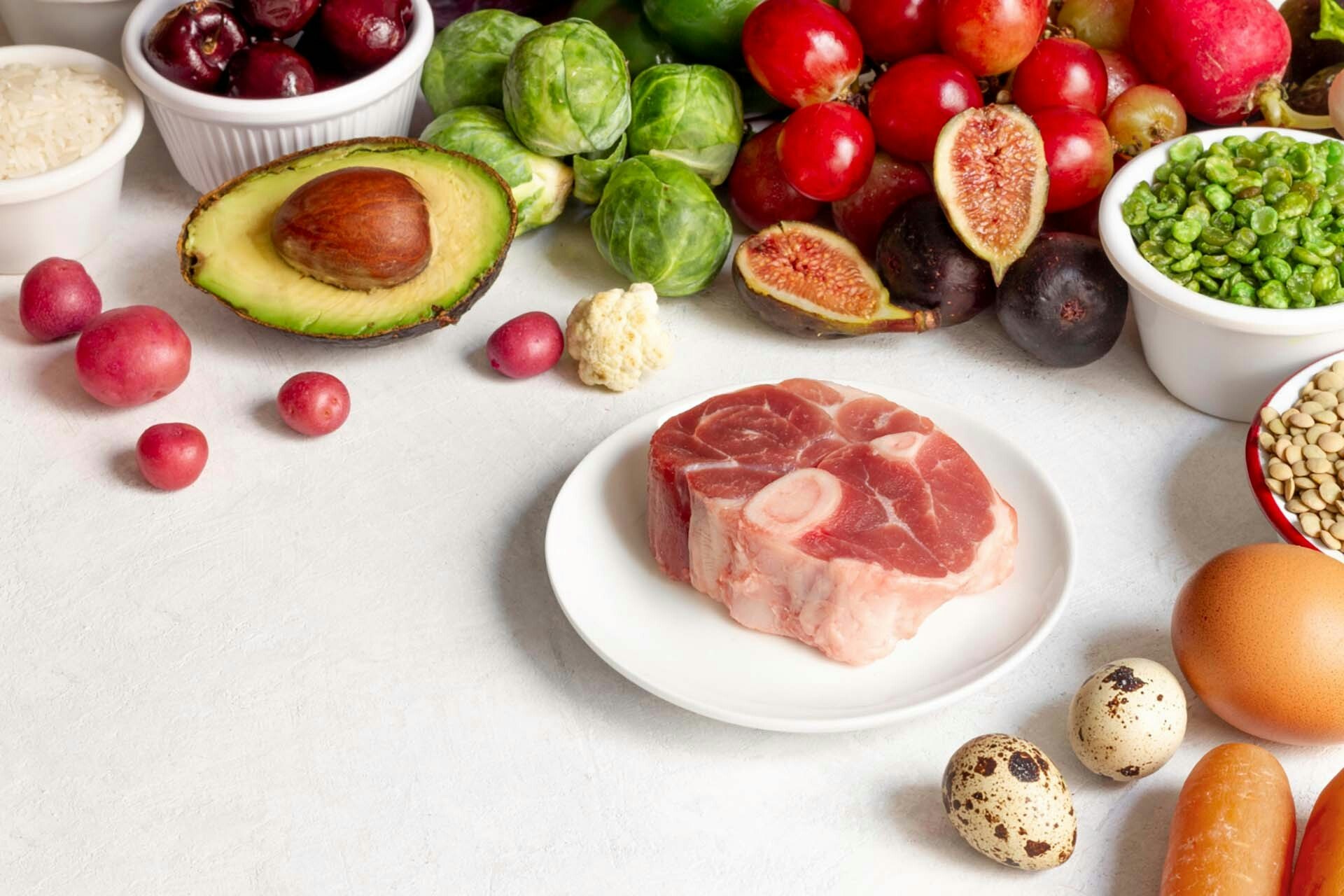If you’ve ever felt confused about fats, you’re not alone. For years, we were told that all fats were bad. Then came the news that some fats are actually good for us. Now, the conversation has shifted again — this time to a debate over whether plant-based or animal-based fats are better for our health.
The truth is, your body needs fat to function well. Healthy fats support brain function, keep your skin soft, and help you absorb essential vitamins.
So, which fats should you welcome onto your plate — and which are better left off? Let’s break down the science and clear up the confusion.
What are Plant-Based Fats?
Plant-based fats are natural oils and fatty compounds found in foods like nuts, seeds, fruits, and other plants. You’re probably already enjoying many of them without even realizing it.
Take avocados, for example — their creamy texture comes from their fats. Nuts such as almonds, walnuts, and cashews owe their rich flavor to nourishing oils. Seeds like flax, chia, and sunflower are tiny but packed with beneficial fats. And olives? They’re essentially little fat-rich fruits, famously pressed into olive oil.
What makes plant fats special is their chemical structure. Most are rich in unsaturated fats, which stay liquid at room temperature and are generally considered heart-healthy ❶. These include monounsaturated fats — found in olive oil, avocados, and algae oil — and polyunsaturated fats, found in walnuts, flax seeds, and chia.
Plant-Based Fats vs. Animal Fats
Not all fats have the same impact on your health, and where they come from matters. A long-term study by researchers at the Harvard T.H. Chan School of Public Health, involving over 90,000 people followed for 22 years, found that replacing saturated fat, refined carbs, or trans fat with plant-based monounsaturated fat significantly lowered heart disease risk ❷.
In fact, people with higher intake of these plant fats had a 16% lower risk of dying from any cause, while those with higher intake of animal-based monounsaturated fat had a 21% higher risk of death.
The likely reason: plant-based fats help lower LDL (bad) cholesterol and support overall cardiovascular function, while many animal fats contribute to plaque buildup in arteries, which raises heart disease risk ❸.
Related: Choosing Healthy Fats
Health Benefits of Plant-Based Fats
Plant-based fats, especially monounsaturated fats from sources like olives, nuts, and avocados, offer stronger heart protection than similar fats from animal-based foods like meat and dairy. Large studies, including ARIC, have linked higher intake of plant fats with significantly lower rates of heart disease, stroke, and all-cause mortality ❹.
These fats also support better blood sugar control. Research shows that plant-based diets help prevent and manage type 2 diabetes. Cohort studies consistently link these diets to a lower risk of developing diabetes, thanks to their nutrient-rich, low-saturated fat profile ❺.
Moreover, evidence from both observational and clinical studies shows that plant-based diets not only improve blood sugar levels but can help reduce diabetes-related complications, including those affecting the heart, kidneys, and nerves.
Common Source of Plant-Based Fats
Incorporating more plant-based fats into your meals is simple once you know where to find them. These healthy fats are naturally present in a variety of whole foods and oils. Here are some of the most common and beneficial sources:
- Olives and olive oil – Rich in heart-healthy monounsaturated fats and antioxidants
- Algae oil – A unique, sustainable source of omega-9 (monounsaturated fat), with a neutral taste that’s ideal for cooking
- Avocados and avocado oil – Loaded with fiber, potassium, and monounsaturated fats
- Nuts (like almonds, walnuts, and cashews) – Provide a mix of healthy fats, protein, and important micronutrients
- Seeds (such as flax, chia, and sunflower seeds) – High in omega-3s and polyunsaturated fats
- Soybeans and tofu – Contain both monounsaturated and polyunsaturated fats along with plant-based protein
- Nut and seed butters – Offer a convenient way to get healthy fats, just watch for added sugars or oils
Incorporating Plant-Based Fats into Your Diet
The easiest way to start adding plant-based fats is by making simple swaps in your daily routine.
Instead of butter, cook with olive oil or algae oil. Try spreading avocado on toast in place of butter, or snacking on a handful of almonds instead of chips. You can also stir a spoonful of ground flaxseed into your morning smoothie for an omega-3 boost.
You don’t need to learn new recipes or buy expensive ingredients — just use plant fats in place of the ones you already eat. The key is keeping it simple and sustainable. Small changes made consistently can lead to lasting benefits for your heart and overall health!
The Bottom Line
While the debate between plant and animal fats might seem complicated, research clearly favors plant fats for long-term health. The best part? You don’t need a total diet overhaul — small swaps make a big difference.
A great place to start is with algae cooking oil from Algae Cooking Club. It’s rich in heart-healthy monounsaturated fats like olive oil, but with a neutral taste that’s perfect for cooking, baking, and drizzling.




